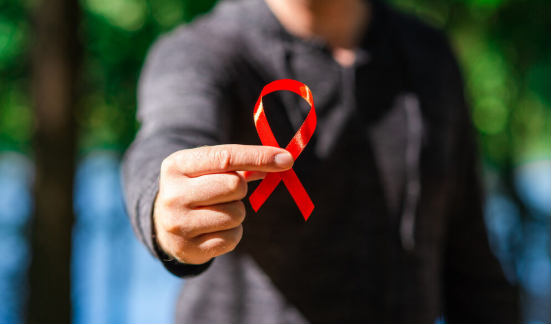The HIV treatment landscape will continue to evolve through 2025 as breakthrough research and new treatment strategies emerge. It is critical for patients, healthcare providers, and everyone affected by HIV to stay up to date on these advances. Here, you'll get a comprehensive look at the latest discoveries and developments in HIV treatment.

Innovative Antiretroviral Therapies
Antiretroviral therapy (ART) remains the cornerstone of HIV treatment. However, recent advances have led to the development of new drugs that are more effective, have fewer side effects, and are more convenient. Several new drugs and drug combinations are expected to be approved in 2025:
- Long-acting injectables:These formulations allow for monthly or even bimonthly dosing, significantly reducing the medication burden for patients.
- Dual Therapy Options:Simplified treatment regimens combining two drugs instead of three can reduce side effects and improve
- Novel Drugs: Research is underway on drugs that target different stages of the HIV life cycle, offering hope for those who have developed resistance to existing drugs.
Advances in Gene Therapy
Gene therapy is a cutting-edge area of research that holds promise for a cure for HIV. Scientists are exploring technologies such as CRISPR-Cas9 to edit the genes of HIV-infected cells to make them resistant to the virus. Multiple clinical trials will be conducted in 2025 to evaluate the safety and efficacy of these approaches. Preliminary results are encouraging, showing that gene editing techniques can significantly reduce viral loads in animal models.
Personalized Medicine
The concept of personalized medicine is becoming increasingly important in HIV treatment. By tailoring treatment plans to a patient's individual genetic makeup, healthcare providers can optimize the effectiveness of ART. By 2025, advanced diagnostic tools and biomarkers will be developed to better understand how different patients respond to different treatments. This approach aims to minimize side effects and maximize treatment effectiveness for each individual.
Integrating Mental Health with HIV Treatment
Mental health is an often overlooked aspect of HIV treatment. By 2025, there will be increasing recognition of the need to integrate mental health services into HIV treatment. Depression, anxiety, and other mental health issues can significantly impact medication adherence and overall well-being. Integrative care models that address both physical and mental health are implemented to provide holistic support to patients.
Community-Based Approaches
Community-based interventions have proven effective in improving HIV treatment outcomes. These approaches include engaging local communities in the design and implementation of HIV programs. By 2025, innovative strategies such as peer support networks, mobile health clinics, and community education campaigns will be expanded to underserved populations. These initiatives are designed to reduce stigma, improve access to care, and promote adherence.
Future Directions
The focus on HIV treatment will continue to evolve as we move forward. Researchers are not only looking for ways to improve existing therapies, but are also working towards a functional cure. The combination of advanced drug therapies, genome editing, personalized medicine, and integrated care models offer a multifaceted approach to fighting HIV. It is important for everyone living with HIV to stay informed about these advances as it will help them make informed decisions about their health and treatment options.





